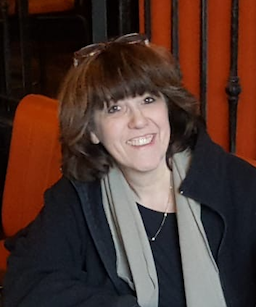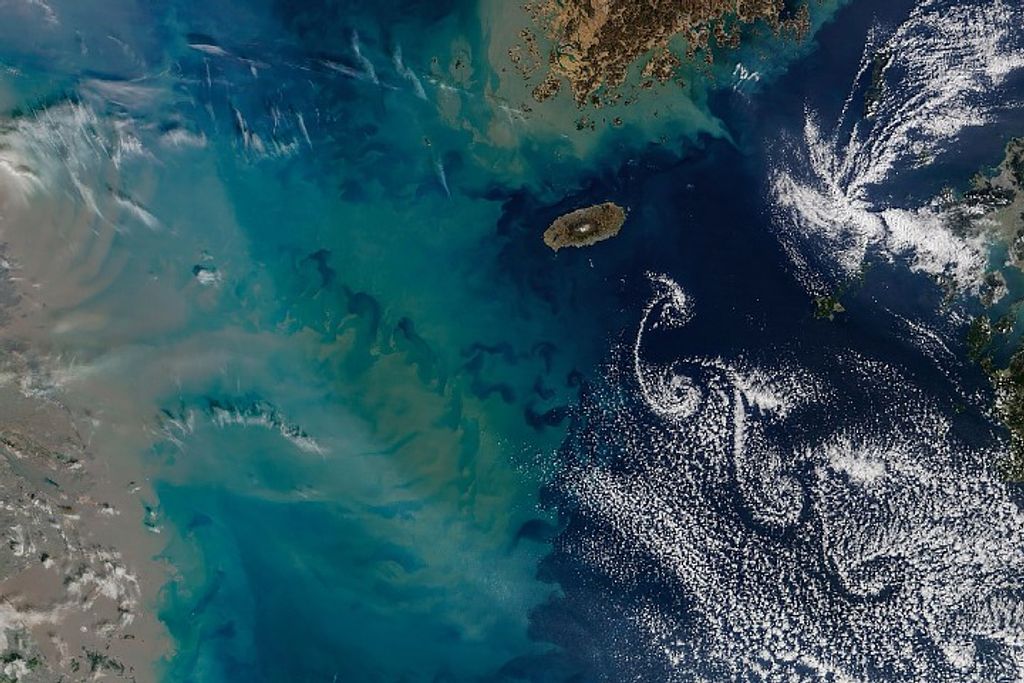
Dr. Jacqueline Le Moigne
Program Manager
< Back to Program Officers List
Jacqueline Le Moigne is Manager of the Earth Science Technology Office’s (ESTO) Advanced Information Systems Technology (AIST) Program. The AIST Program focuses on technologies that enable: unique Earth science observation capabilities through distributed sensing; optimization of science missions value through flexible information integration; and agile science investigations through advanced algorithmic, computational and visualization tools, such as novel software, data analytics, artificial intelligence and relevant computing environments.
Prior to managing AIST, Jacqueline was the Assistant Chief for Technology in the Software Division at NASA Goddard. She was also involved with the Space Technology Mission Directorate (STMD) Space Technology Research Grants Program and with the development of NASA Space Technology Roadmaps. Before joining NASA, she was a Research Scientist with the Computer Vision Laboratory of the University of Maryland. She has also worked in the private sector.
Jacqueline received a Ph.D. in Computer Science from the University Pierre and Marie Curie, Paris, France. Her personal research interests include Image Registration, Computer Vision, Artificial Intelligence, Autonomous Systems, and Distributed Spacecraft Missions (DSM), as well as high-performance and onboard computing. She is currently a member of the Group on Earth Observations (GEO) Data Working Group.
Jacqueline has over 180 publications including more than 30 journal papers and book chapters. She authored an edited book and earned a Patent, both in the area of Image Registration. She has been an Accreditation Board for Engineering and Technology Program Evaluator, a member of the Advisory Panel of the NATO Committee on Science for Peace and Security, an Associate Editor for the IEEE Transactions on Geoscience and Remote Sensing, and a Goddard Senior Fellow. She received a NASA Exceptional Service Medal as well as of the Goddard Information Science and Technology Award, both in 2012.
Please direct questions or corrections on this page to SARA@nasa.gov





























